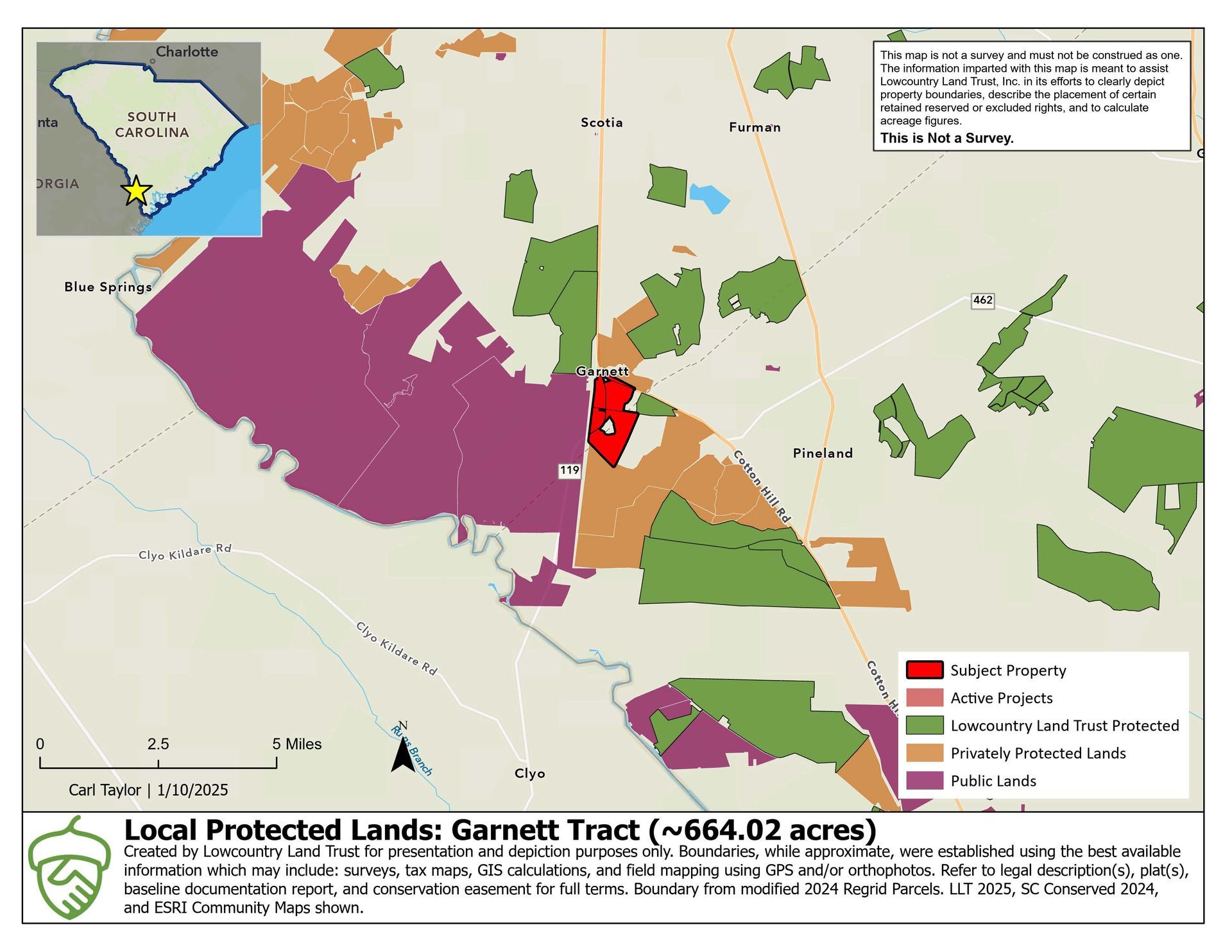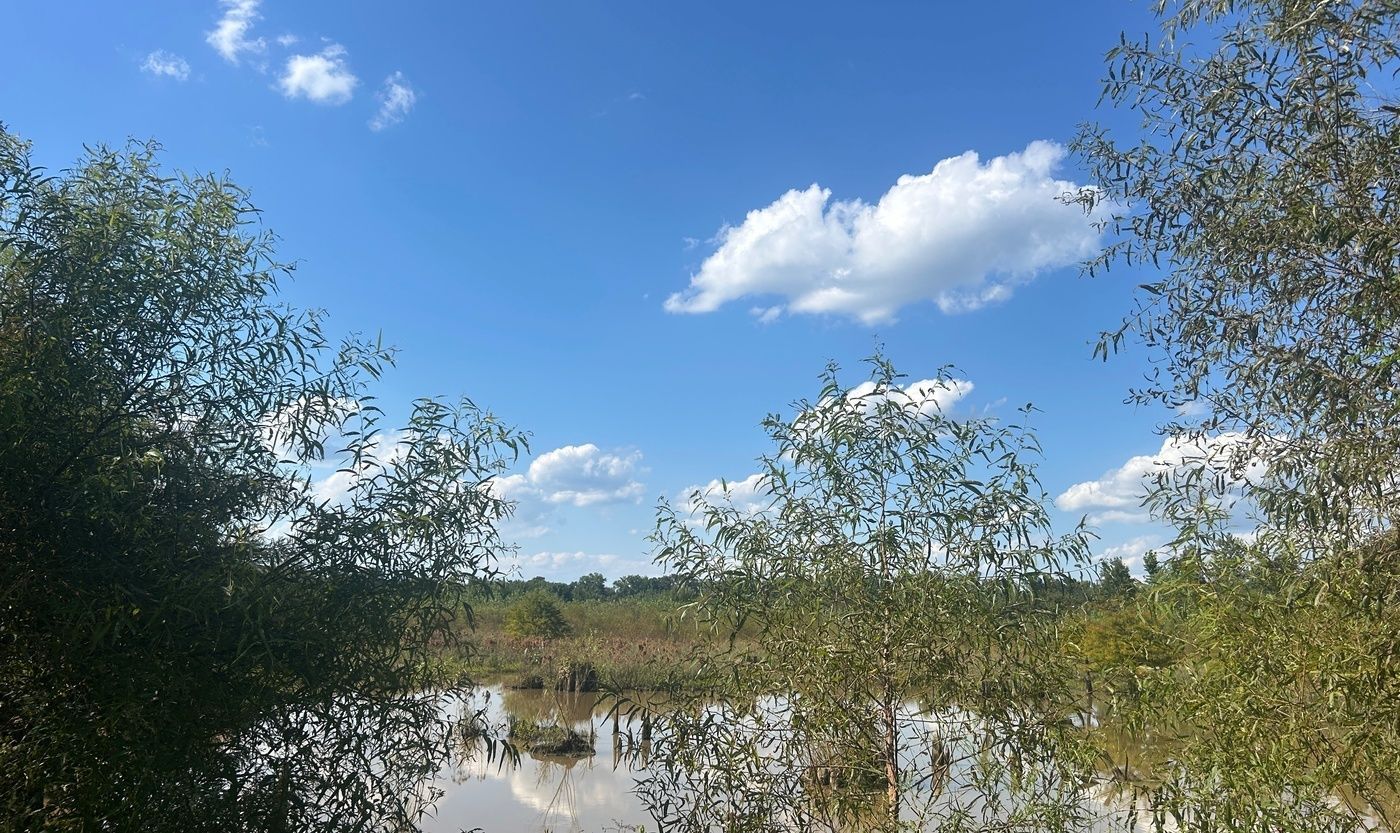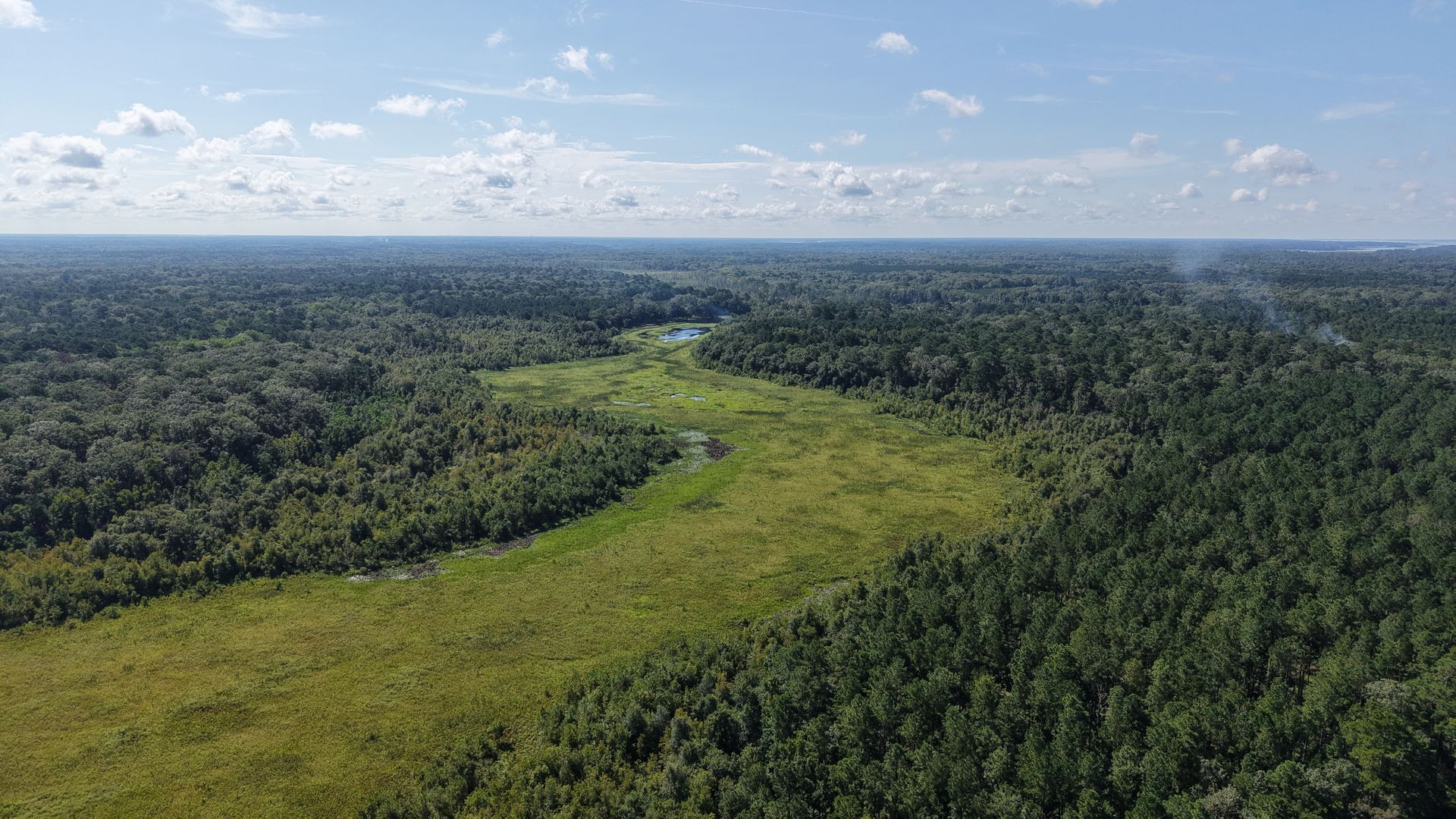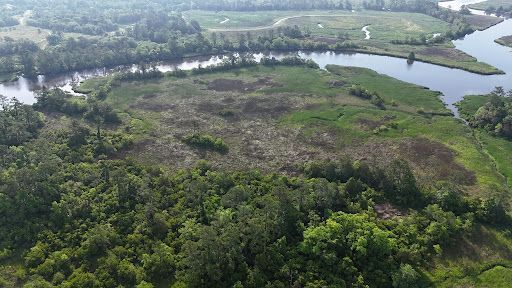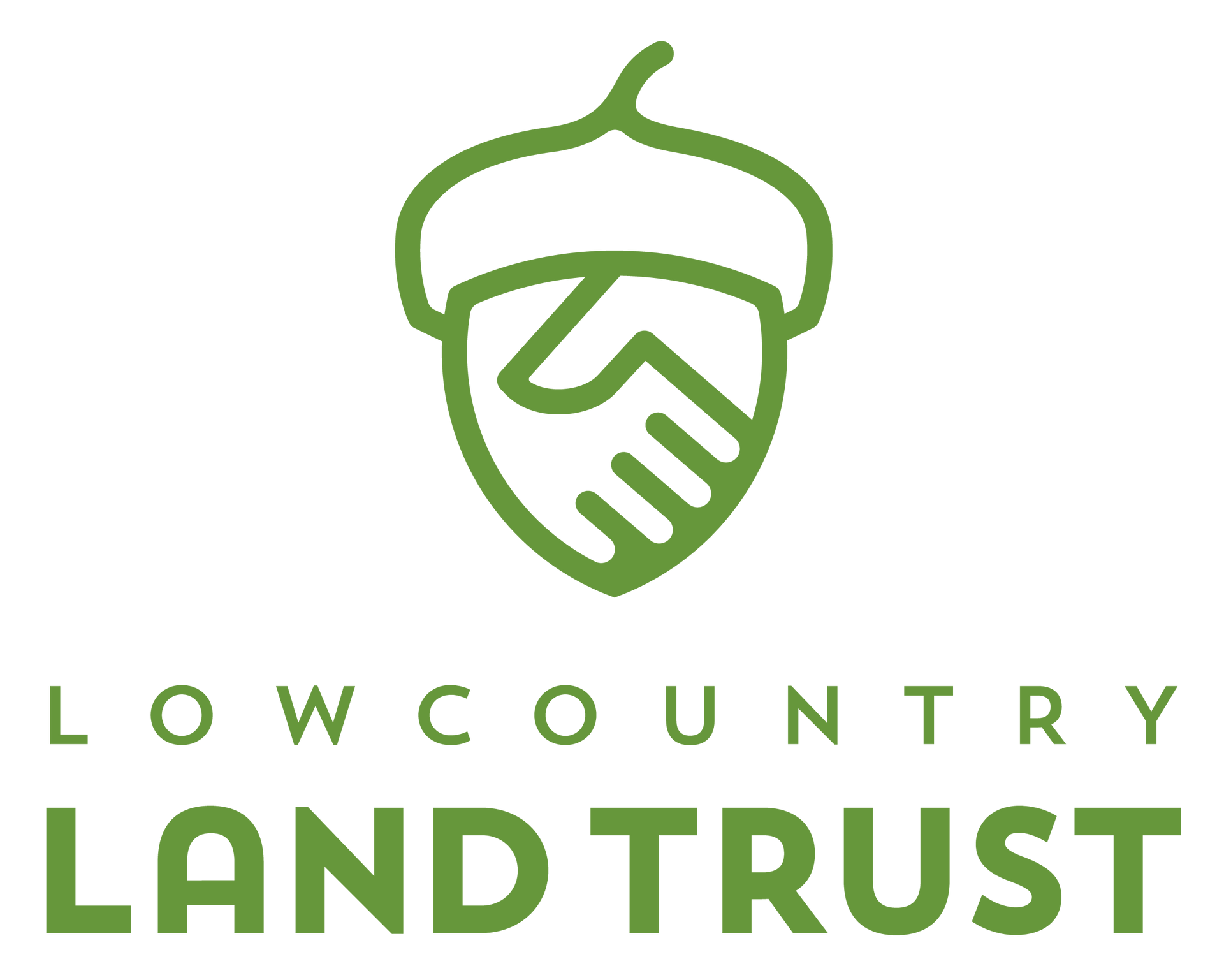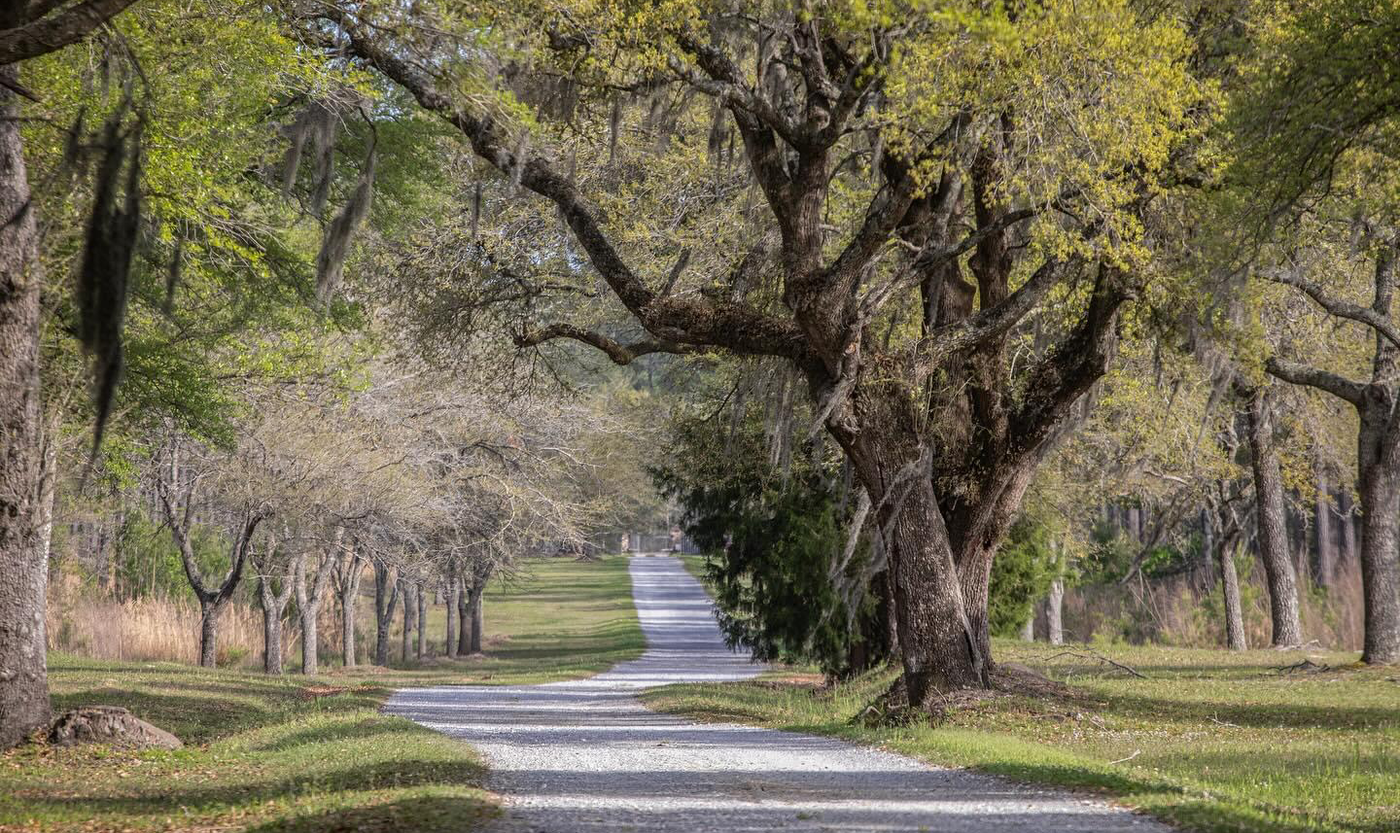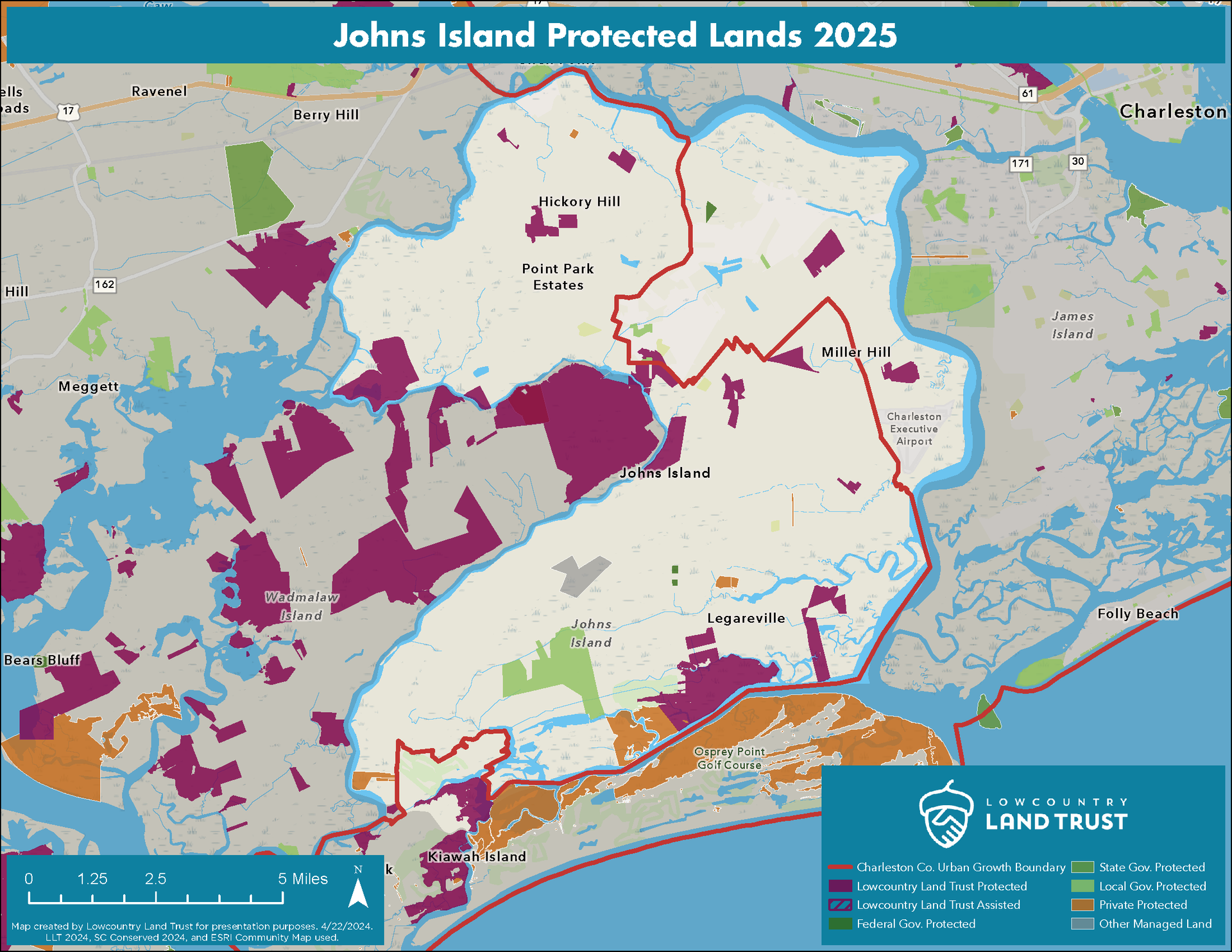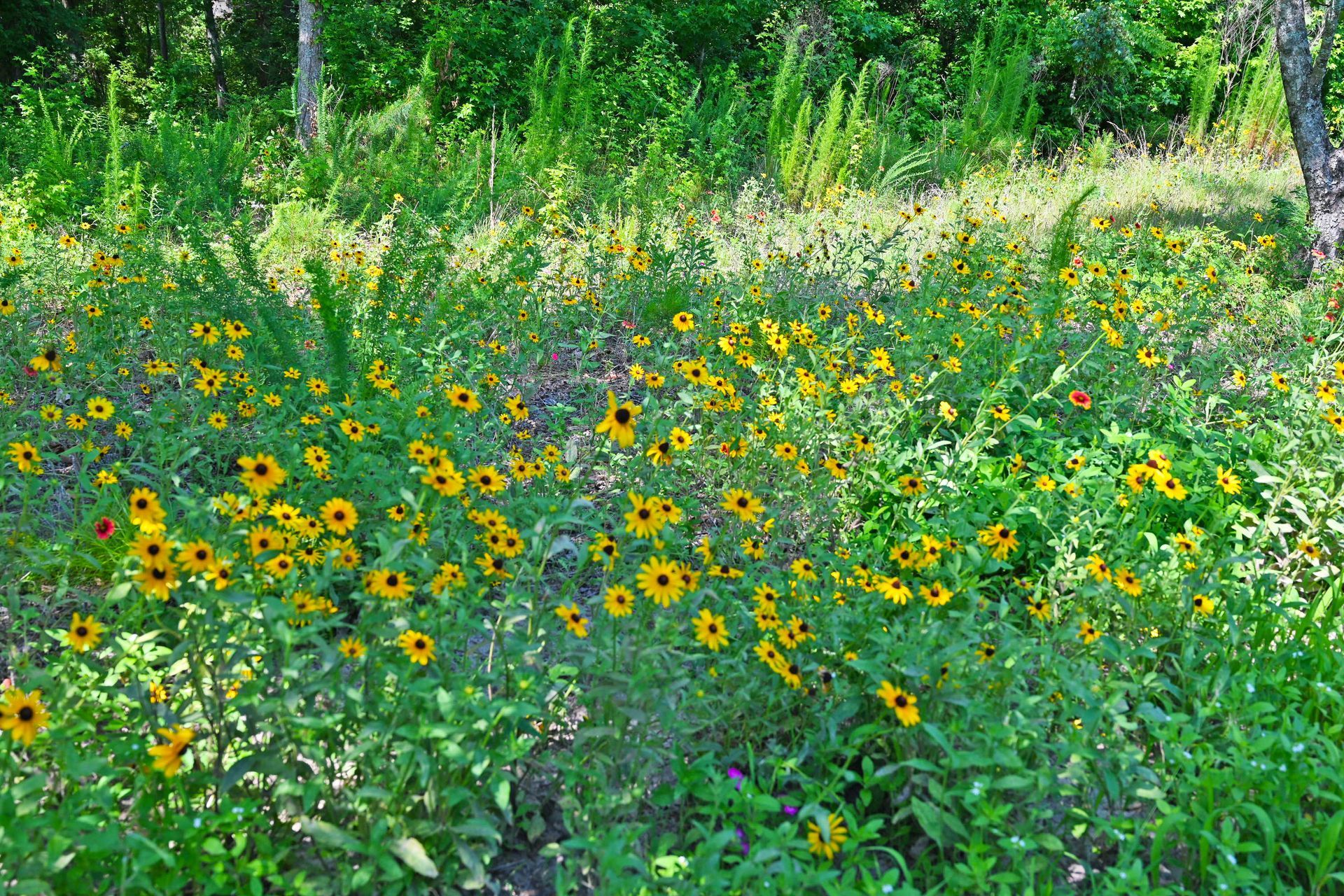South Carolina Farm Service Agency: Supporting Farmers, Protecting Farmland and Promoting Sustainable Agriculture
Guest blogger: Sebrenna Bryant, state outreach coordinator for USDA's Farm Service Agency (SC)
Boasting a robust agricultural landscape of nearly 23,000 farms sprawled across 4.5 million acres of fertile land, South Carolina is a state deeply rooted in agriculture. The Farm Service Agency (FSA) in South Carolina plays a pivotal role in supporting this thriving agriculture economy by managing acreage reports for nearly 2 million acres and aiding farmers' participation in approximately 20 different FSA programs. By doing this, the FSA in South Carolina not only supports USDA's mission but also contributes significantly to maintaining a healthy, stable, accessible, and affordable food supply for all.
Historically, FSA traces its roots back to the Great Depression, when the Farm Security Administration was created to help American farmers amid a challenging time. And while the agency’s name and mission have both changed and grown over the years, its commitment to helping farmers has not. Today, FSA plays a crucial role in supporting rural prosperity, improving the environment, and contributing to U.S. national security by helping to ensure a safe, affordable, and abundant food supply.
Over the years, FSA’s available programs have expanded to include safety net, farm loan, conservation, and disaster assistance programs. These programs ensure producers have a strong safety net in place in case of natural disasters or market fluctuations. FSA farm loans are available for producers who want to get started in production agriculture or make investments in existing operations but are unable to obtain credit from private lenders. FSA conservation programs give landowners the tools and resources to protect environmentally sensitive land and restore grasslands and forests, leading to cleaner water and air, healthier soil and enhanced wildlife habitat. FSA’s flagship conservation program, the Conservation Reserve Program (CRP), is a voluntary program that encourages agricultural producers and landowners to convert highly erodible and other environmentally sensitive acreage to vegetative cover, such as native grasses, trees, and riparian buffers.
The benefits of CRP are far-reaching. CRP protects more than 20 million acres of American topsoil from erosion and is designed to safeguard the nation’s natural resources. With over 22,000 acres enrolled in CRP in South Carolina, several landowners have utilized CRP in our home state, with the hope that the increased vegetation would lead to increased wildlife habitat, including bobwhite quail. This has been seen as a great success.
Although the terms of CRP and land trusts may differ, with land trusts often encouraging permanent easements, both entities share conservation goals to support farmers and ranchers, and to protect environmentally sensitive land.
Together, FSA and land trusts can help landowners understand the wide scope of available options for preserving and protecting their property, while helping South Carolina to achieve a greater impact in protecting farmland and promoting sustainable agriculture for generations to come.
W.R. “Cody” Simpson, III, was appointed by the Trump Administration to serve as the State Executive Director of the Farm Service Agency in South Carolina in May 2025. He has spent his lifetime protecting the Palmetto State’s agricultural heritage and growing its future. Simpson supports wetland conservation through Ducks Unlimited and collaborates with the Pee Dee Land Trust to safeguard natural habitats.
